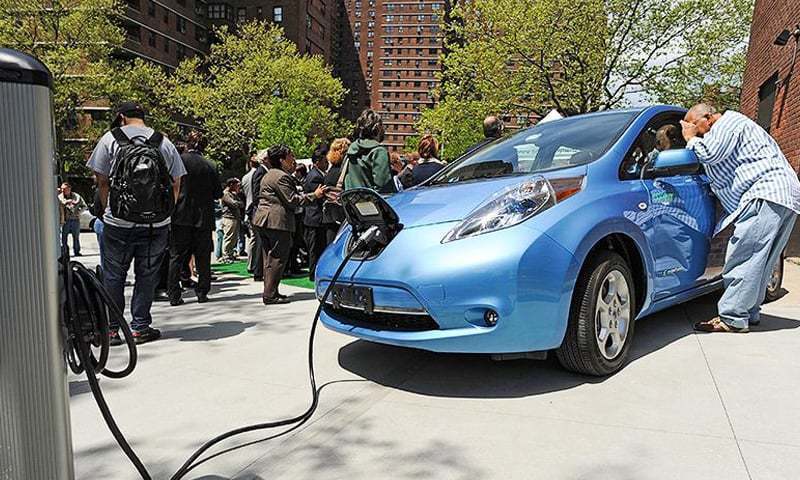With petrol prices rising and many owners shying away from diesel, there has never been a better time to buy an electric car. What’s more, there is no doubt that electric cars will save you money in the long run. Here is all the electric car information you need to know about owning or buying an EV.
How many types of electric car are there?
There are three different types of electric vehicle to consider when buying -
Battery Electric Vehicle (EV) – these are fully electric cars that run entirely on rechargeable batteries. They can be charged at home or special charger points.
Plug-in Hybrid Electric Vehicle( PHEV) - these vehicles are powered by two motors, an electric vehicle and a fuel-injected engine, deploying the fuel engine when more power and range is needed.
Hybrid Electric Vehicle (HEV) – these generate their own electricity using regenerative braking systems. They alternate between a rechargeable battery and fossil fuels, depending on the usage.
Can you save money?
The answer is yes, in the long run, you absolutely save money. When you buy an electric car there is a high up-front cost, but your electric vehicle ends up costing less over a lifetime. For starters, the government offers a 50% tax exemption to four-wheel electric vehicles to encourage people to make the switch. The cash incentive cuts the price of the EV for sale and aims to reduce emissions and improve air quality. Plus, a home charging point will usually be fitted for free when you buy an EV car.
What's more, electric cars don’t cost a lot to run, with big savings on fuel costs, servicing and car parking. However, when charges apply, you are expected to pay for parking as normal. The capacity is measured in kilowatt-hours (kWh) which measures how much energy it stores. Public charging stations cost on average around pkr 9 per kWh and charging at home during off-peak hours, such as overnight, will cost you around 12p per kWh. To fully charge your battery up it will only cost you a few hundreds in electricity as opposed to pkr 5k or more on fuel. Imagine never having to go to a petrol station again!
Electric Battery Life and Range
Usually one of the biggest worries for potential buyers, electric battery life is very important, with many having fears of running out of power. Most batteries are lithium based, a rechargeable battery that can last up to 10 years or longer. Advances in technology mean batteries can provide more power and greater lifespans than ever before. Realistically, an electric car battery is designed for long life and will expire long after a new vehicle. Typically, most people buy a car and keep it for around 4 years and an electric battery is likely to exceed this timescale. A top tip to consider is getting a good electricity provider with the lowest price per kWh and a high standing charge.
BMW guarantees its batteries for up to 100,000 miles and eight years in the BMW i3. Nissan offers a five-year warranty covering the battery and electric motor, or up to 60,000 miles for their Nissan Leaf. The Renault ZOE warranty lasts for 100,000 miles or three years.
As well as worries about battery life, consumers looking to buy may have range anxiety, associated with the terror of running out of electricity. The top range EV models can travel to approx. 200 miles on a single charge, so estimating and planning driving journeys should allow you to get the most out of each charge. However, it is important to remember that range can suffer during poor weather conditions, so take care.
Electric Car Review
For most drivers, deciding to buy an electric car will depend on how you use your car. Short, city drives and daily commutes with regular charging opportunities makes the prospect of switching to an electric car very appealing. However, if you have a long daily commute or regular drives on motorways, you will need to make sure the electric car you buy has impressive range capabilities or a hybrid vehicle may be more suitable.
So should you buy an electric car? The answer is YES! When you buy an electric car it is good for the environment, your wallet and reduces harmful exhaust emissions. If you decide an electric car is for you, why not start exploring our EV car charging solutions.
